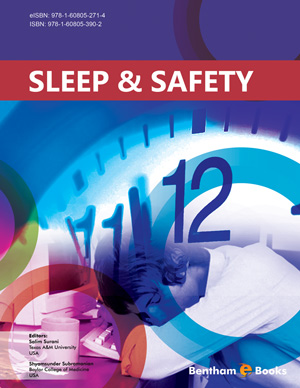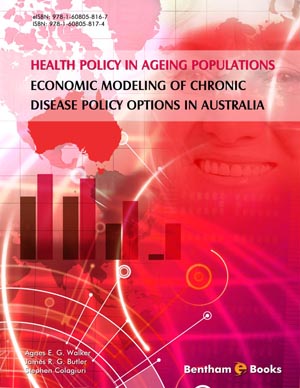Abstract
Sleep deprivation can result from poor quality of sleep and/or reduced sleep duration. Sleep deprivation can be categorized as acute total, acute partial, and chronic partial sleep deprivation depending on the amount and chronicity of the sleep loss. Recent research has emphasized on the impact of chronic partial sleep deprivation on health and well-being, suggesting this type of sleep deprivation is clinically relevant in modern society. Chronic partial sleep deprivation is estimated to affect between 7.5-20% of the general population and has numerous underlying causes, though recent studies associate the duration of work hours most strongly with loss of sleep. The effects of both acute and chronic partial sleep deprivation on the physiology of major body systems are discussed in this chapter with an emphasis on emerging data regarding chronic partial sleep deprivation. Neurobehavioral, cognitive, autonomic, cardiovascular, endocrinological, and immune system consequences of sleep deprivation are reviewed.












